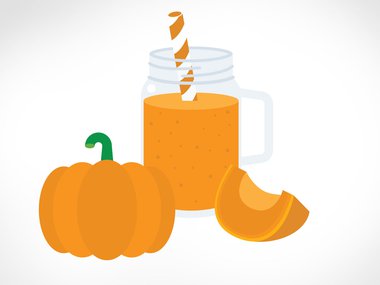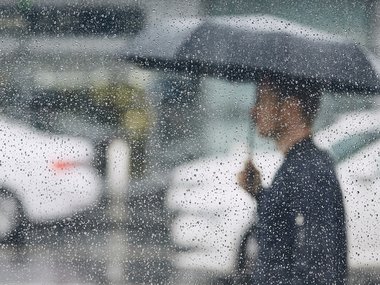Question Your World: Is the Richmond Rainy Season Changing?
As spring makes way to summer, there are a few things we can usually look forward to. Spring cleaning, pollen, and lots of rain! Spring cleaning is what it is and downsizing is a mentally healthy thing after a long winter spent mostly indoors. Pollen - we just happened to have done a piece on pollen recently, so check that out to learn more on our regional pollen intensity. That leaves … rain! Let's dig into rain and ask today's big question: Is the Richmond rainy season changing?
“April showers bring May flowers.” We’ve all heard that before, right? This common refrain also underscores a more significant relationship between humans and rainfall. If we get too little, scientists have linked the ensuing droughts to crop failures, drinking water crises, and even political upheaval. We've dug into this as well if you're interested in learning more. If we get too much, we can experience severe flooding that damages infrastructure and can be a major threat to human life.
Scientists have shown that as our current energy and consumption needs continue, we humans keep adding emissions of heat trapping gases into our atmosphere. These added gases increase the amount of water that the atmosphere can hold and thus impact our rainfall. A recent study showed that Hurricane Harvey’s rainfall was around 17% more intense than it would have been without global warming.
Meanwhile, here at home, the most recent report that looked into Virginia’s extreme rainfall events over the last 60 years indicated that our most intense annual rainfall events have become 11% stronger and 33% more frequent than in the past - suggesting that, like our warming temperatures, the climate is already changing here in the Commonwealth.

Image credit: Climate Central
So, what should we be doing here? For starters, we can reduce stress on our stormwater drains by using rain barrels to keep some of the stormwater out of the drains during rainstorms. We can also plant things like rain gardens, full of native plants and permeable surfaces. These sorts of “green infrastructure solutions” not only help out our region’s public utilities but also can save you money on your water bill! These are just friendly suggestions to consider in order to help make the area more resilient to the changing climate. These practices are great year round and not just for a rainy day, though that's when they'll help the most!


